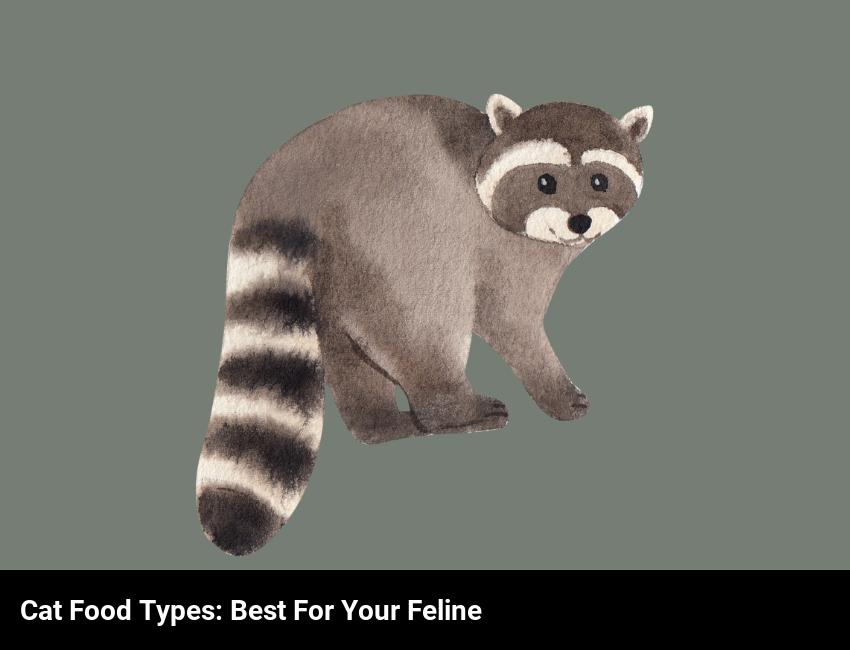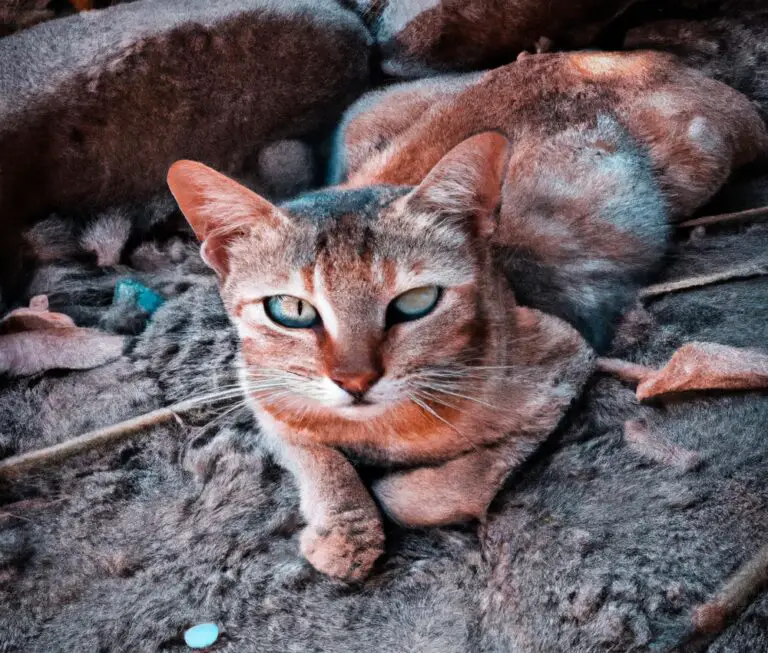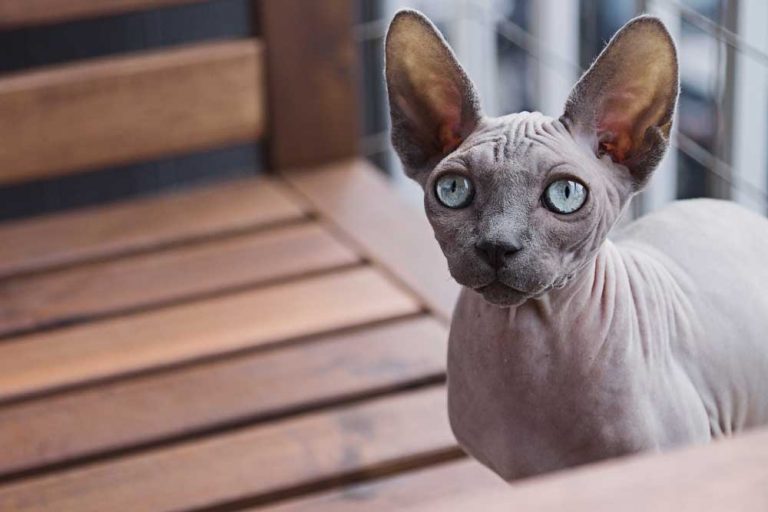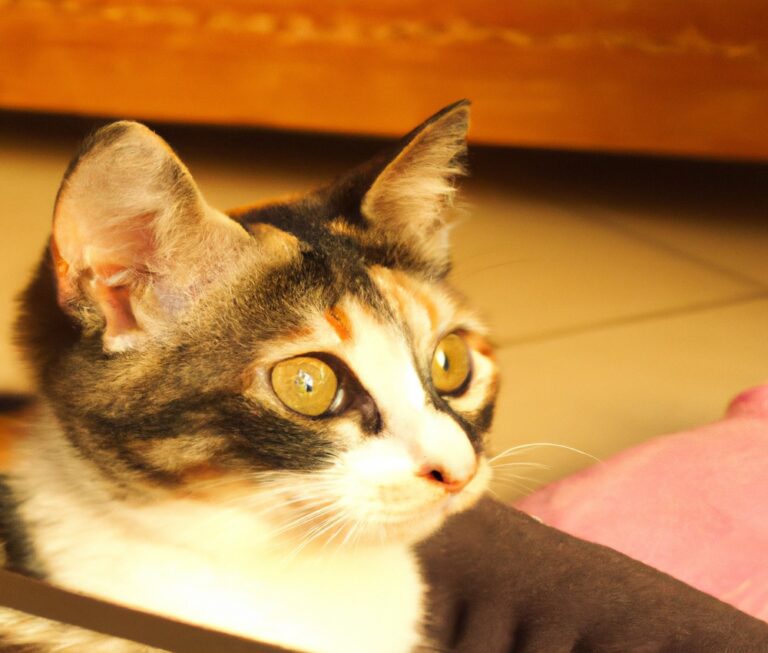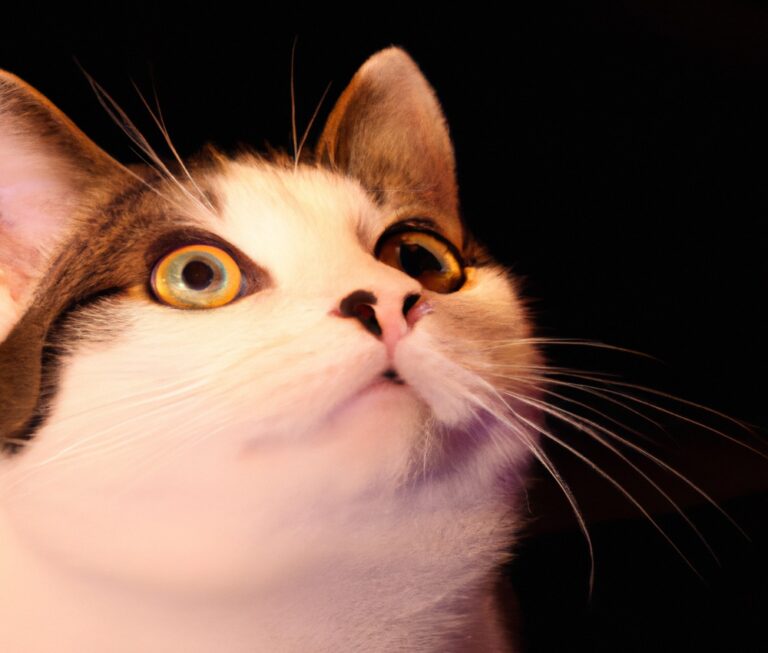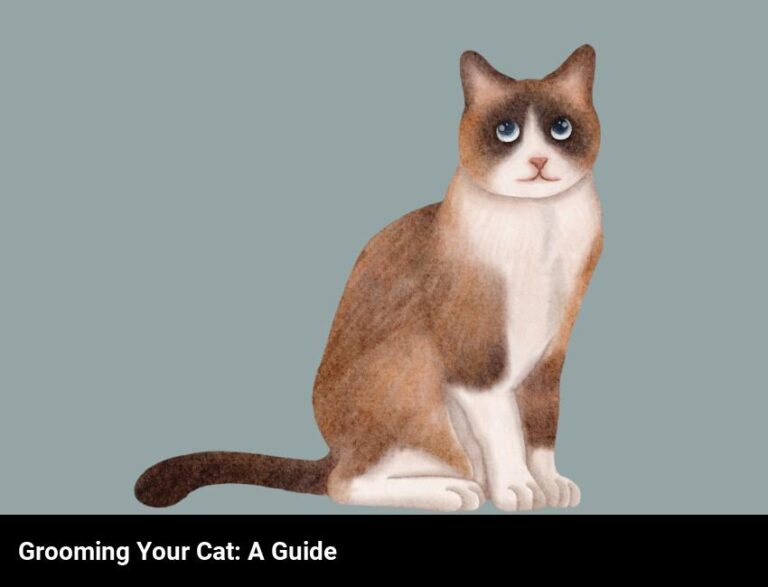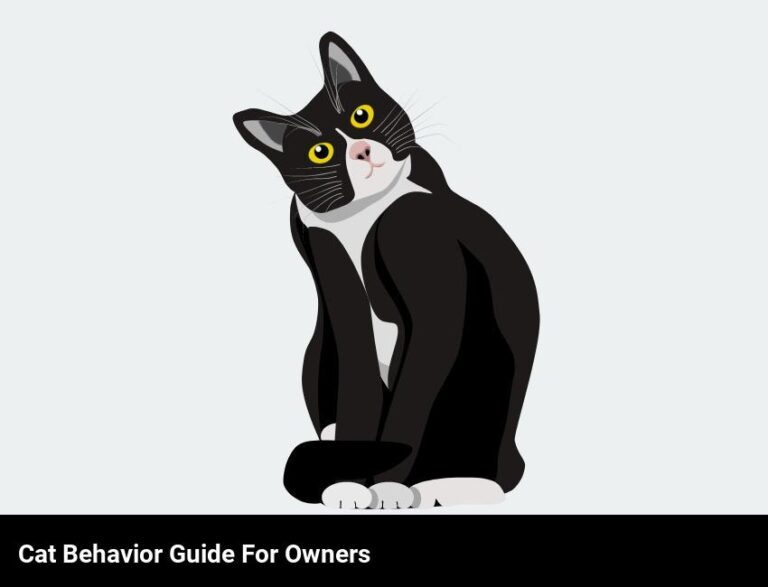The Different Types Of Cat Foods: What To Feed Your Feline
There are many types of cat food available, including wet, dry, raw, and homemade. Wet food has more moisture and is good for cats with urinary and kidney issues, while dry food is lower in fat and can help keep teeth clean. Raw diets offer complete nutrition, but can be expensive. Home cooked meals might be more cost effective, but require careful consideration to ensure a balanced diet. Ultimately, the best choice depends on your cat’s individual needs and preferences.
As a lifelong cat lover, I know how important it is to feed your feline companion the best diet possible. Cats are unique creatures with nutritional needs that require special attention. That’s why I’m here to guide you through the different types of cat food, including their benefits and what to look out for when selecting the right food for your kitty.
I’ll also discuss how much food to feed your cat and the potential risks of feeding cats human food. Nutrition is key when it comes to keeping your cat healthy and happy, and I’m here to help you make sure they get the best diet possible. So, let’s dive in and explore the different types of cat food and what to look for when choosing the right food for your beloved pet.
What are the basic types of cat food?
If you’re a new cat parent, you might have noticed the wide variety of cat food options available. Knowing the different types of cat food can help you make the right choice for your furry friend.
The most common types of cat food are wet and dry. Wet food usually comes in cans or pouches, and is a great choice for cats that don’t drink enough water. Dry food is a good option for cats that don’t need the extra moisture that wet food provides.
You may also want to consider raw cat food. This is a diet that follows the same principles as the ancestral diet of wild cats. It’s made from raw meat, organs, and bones, and it can be served as frozen meals, freeze-dried meals, or freshly prepared meals.
If your cat has special dietary needs, there are also prescription food options available. These diets are developed to address specific health issues, such as obesity, diabetes, and kidney disease.
Finally, there are cat treats. These are not meant to replace meals, but can be a great way to reward your cat for good behavior or just give them a special treat. Be sure to choose treats made with healthy ingredients and in moderation.
No matter what type of food you choose, it’s important to make sure it meets your cat’s nutritional needs. Talk to your veterinarian to make sure you’re giving your cat the best nutrition possible. With the right food, you can keep your cat happy and healthy for years to come.
What should i look for when selecting a cat food?
When selecting a cat food, you should look for a few key factors. First, consider the type of protein source: is it a lean source such as fish or chicken? Or is it a richer source such as beef or pork? Lean proteins are typically more easily digestible for cats and provide essential nutrients for their health.
Next, check the labels for grain content. While cats are carnivores, many cat food formulas have added grains to help provide the necessary carbohydrates and fiber. However, not all grains are created equal. Look for high-quality grains such as oats, barley, and quinoa, which provide essential vitamins, minerals, and antioxidants.
Finally, look for a cat food that contains added vitamins and minerals to promote overall health. Vitamins A, D, E, and K are important for your cat’s vision, heart health, and immune system. Minerals like calcium, phosphorus, and magnesium are also necessary for strong bones and teeth.
By taking the time to research the different types of cat foods on the market and selecting a formula that contains the right combination of protein, grains, vitamins, and minerals, you can make sure that your cat gets the nutrition they need to stay healthy and happy.
How much food should i feed my cat?
Feeding your cat is one of the most important parts of taking care of them. So, you’ll want to make sure you’re giving them the right amount of food. Generally, you should feed your cat depending on their age, activity level, and weight.
If you have a kitten, they should be fed three times a day. Once they are a bit older, you can reduce their meals to twice a day. Adult cats should be fed twice a day, and senior cats can eat once a day or even every other day.
The amount of food you feed your cat will depend on how much your cat weighs. A good rule of thumb is to give your cat one ounce of food for every pound they weigh. In addition, you should adjust the amount of food based on the cat’s activity level. If your cat is very active and spends a lot of time playing, you may want to feed them a bit more. If your cat is more sedentary, you may want to reduce the amount of food slightly.
When it comes to what type of food to feed your cat, there are several options. You can opt for wet food, which is high in moisture and generally easier to digest than dry food. You can also feed them dry food, which is more affordable and can help keep their teeth clean. You can also choose a combination of wet and dry food, or even alternate between the two.
When it comes to how much food you should feed your cat, the amount will depend on your cat’s age, activity level, and weight. Overall, the best way to ensure you’re giving your cat the right amount of food is to talk to your vet and follow their recommendations.
What are the benefits of premium cat food?
If you want the best for your furry friend, then you should consider investing in premium cat food. Premium cat food is specially formulated to provide your cat with the nutrients they need to stay healthy and strong. Here are just a few of the benefits that come along with premium cat food:
- Tastier and more nutritious: Premium cat food is made with high-quality ingredients that are designed to provide your cat with the nutrition they need. Not only is this food tastier and more filling, it can help keep your cat healthy and active.
- Variety: Premium cat food usually comes in a variety of flavors and textures, so your cat can have a different and exciting meal every day.
- Natural ingredients: Premium cat food is made with natural ingredients that are free from artificial preservatives and hormones. This means fewer tummy troubles for your cat and potentially fewer trips to the vet.
- Easier digestion: Premium cat food is formulated to be easier for cats to digest. This means less stress on their bodies and more energy for playtime!.
- Healthy joints and muscles: Premium cat food is packed with omega-3 and omega-6 fatty acids, which can help to keep your cat’s joints and muscles healthy. This can help keep them fit and active for years to come.
For cats, getting the right nutrition is essential for leading a long, healthy life. Investing in premium cat food can be the best way to ensure that your cat gets the nutrition they need.
What nutritional needs do cats have?
When it comes to keeping your cat happy and healthy, understanding what nutritional needs cats have is key. Cats require certain essential nutrients that come from proteins, carbohydrates, fats, vitamins, and minerals.
Protein is essential for cats, as it helps to build and maintain organs, muscles, and bones. It’s important to look for a cat food that contains high-quality animal-based proteins, such as chicken, beef, fish, and eggs.
Cats also require carbohydrates as a source of energy. Look for cat food that is grain-free and contains sources of complex carbohydrates like sweet potatoes.
Essential fatty acids are also important for cats, as they help maintain healthy skin and coat. Look for foods with sources of healthy fats like fish oil, flaxseed, and canola oil.
Vitamins and minerals are important for a variety of functions such as metabolism and immunity. Look for cat food with added vitamins and minerals like taurine, vitamin A, and vitamin D3.
In summary, cats have specific nutritional needs that should be met with a balanced and nutritionally complete diet. Make sure to look for cat food with high-quality proteins, complex carbohydrates, healthy fats, and added vitamins and minerals.
What are the potential risks of feeding cats human food?
When it comes to your feline friend, you want to make sure you provide them with the best food possible. But when it comes to human food, there are potential risks that you should be aware of.
Firstly, since cats have specific nutritional needs, human food may not provide the necessary vitamins and minerals that your cat needs to stay healthy. Too much of certain human foods may even cause obesity, heart and liver disease, and pancreatitis.
Another risk is that human food often contains ingredients that are toxic to cats. Some ingredients like onions, garlic, and grapes can cause anemia, while others such as chocolate, raisins, and macadamia nuts can cause serious poisoning.
It’s also important to note that cats often have food allergies, so feeding them human food can trigger an allergic reaction. Additionally, some foods like dairy are difficult for cats to digest.
Overall, feeding your cat human food can be detrimental to their health if not done in moderation. If you do choose to give your cat human food, make sure to consult your veterinarian for advice on what foods are safe and appropriate for your cat.
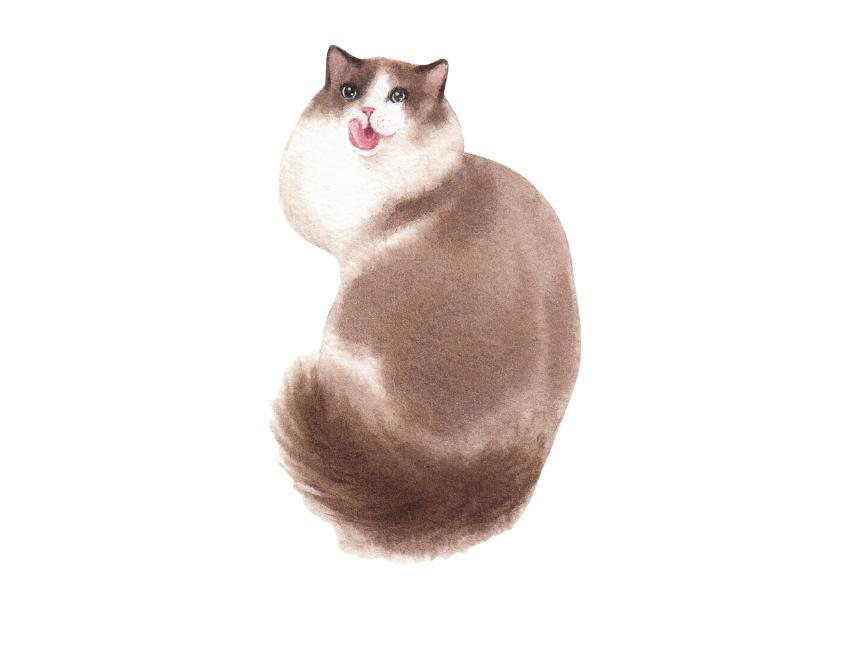
Frequently Asked Questions
What are the types of cat food that provide the most nutrition to cats?
The best types of cat food for providing nutrition are those that are made with high quality ingredients and are specifically formulated for cats. Wet food and dry kibble offer balanced nutrition, but wet food tends to have more moisture and higher levels of proteins and fats. Look for foods that are grain-free and have minimal added fillers. Check the labels to ensure the food contains the correct amounts of vitamins and minerals your cat needs.
Is there a difference between the nutritional value of wet and dry cat food?
Yes, there is a difference between the nutritional value of wet and dry cat food. Wet food typically contains more protein and moisture than dry food, which is usually higher in carbohydrates. Wet food also tends to be higher in certain vitamins and minerals, but it can spoil faster than dry food. Ultimately, the best choice for your cat will depend on their age, health, and activity level.
Are there any types of cat food that i should avoid feeding my feline?
Yes, there are certain types of cat food that you should avoid feeding your feline. These include foods that are high in sugar, preservatives, and other additives which can be unhealthy for your cat. Additionally, refrain from feeding your cat table scraps as these can cause digestive issues.

